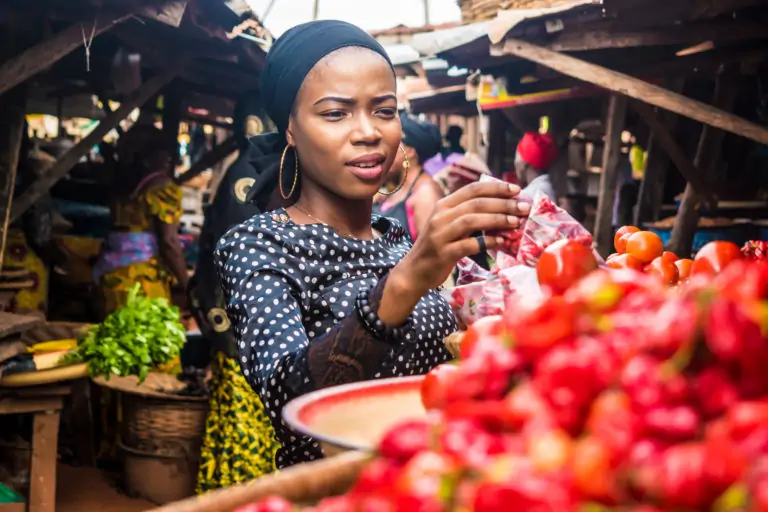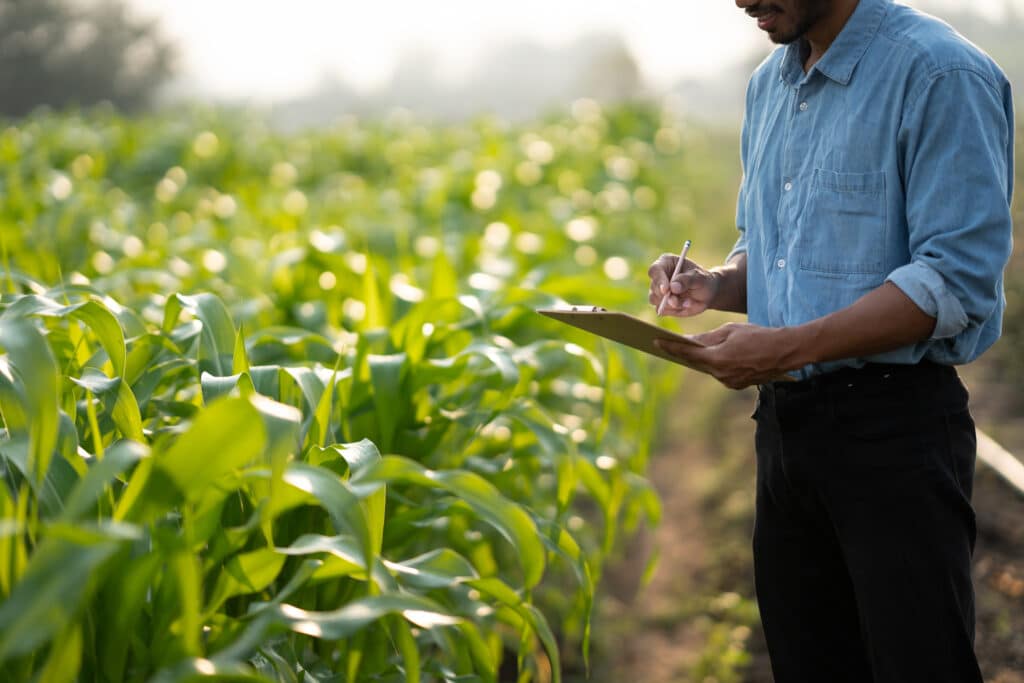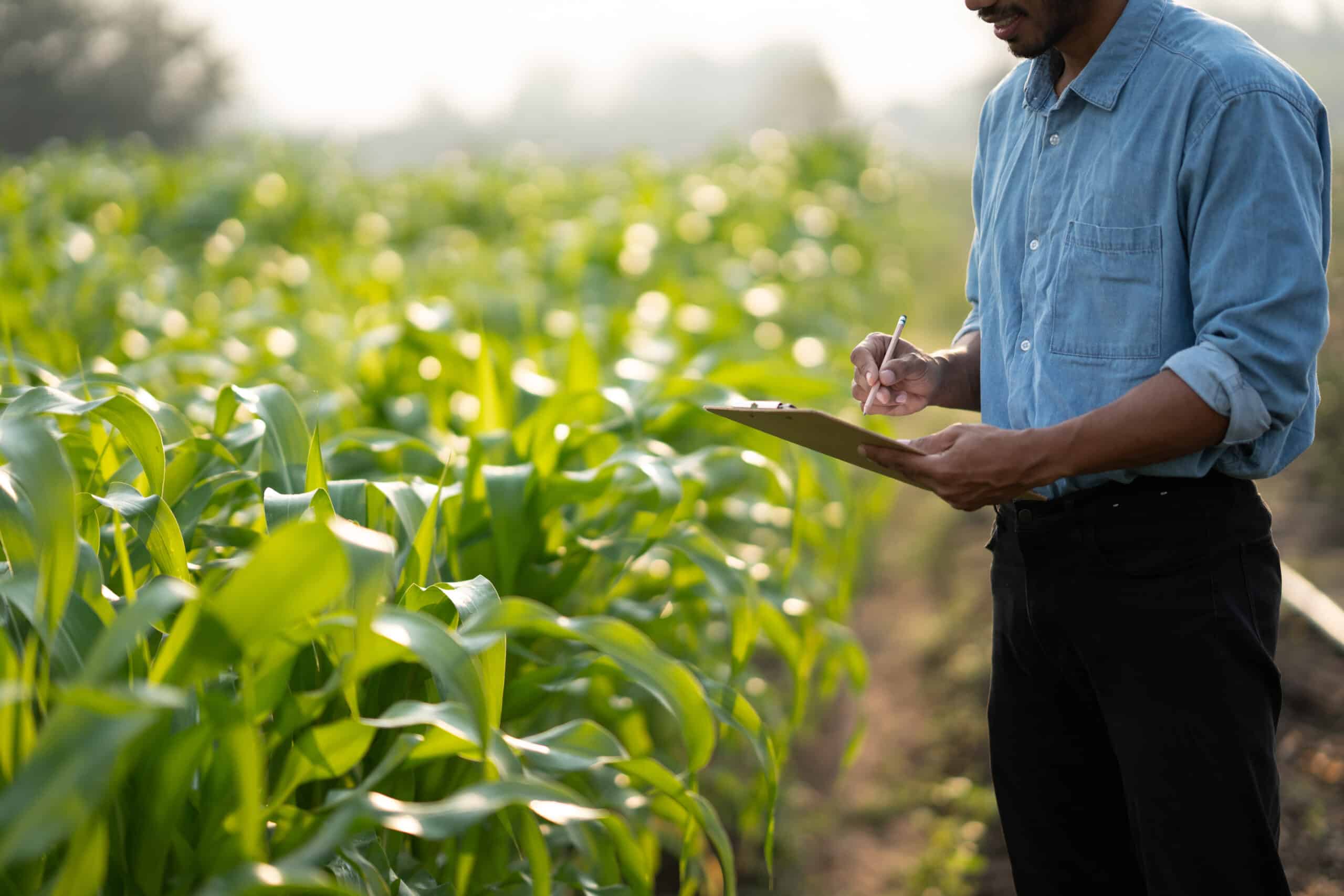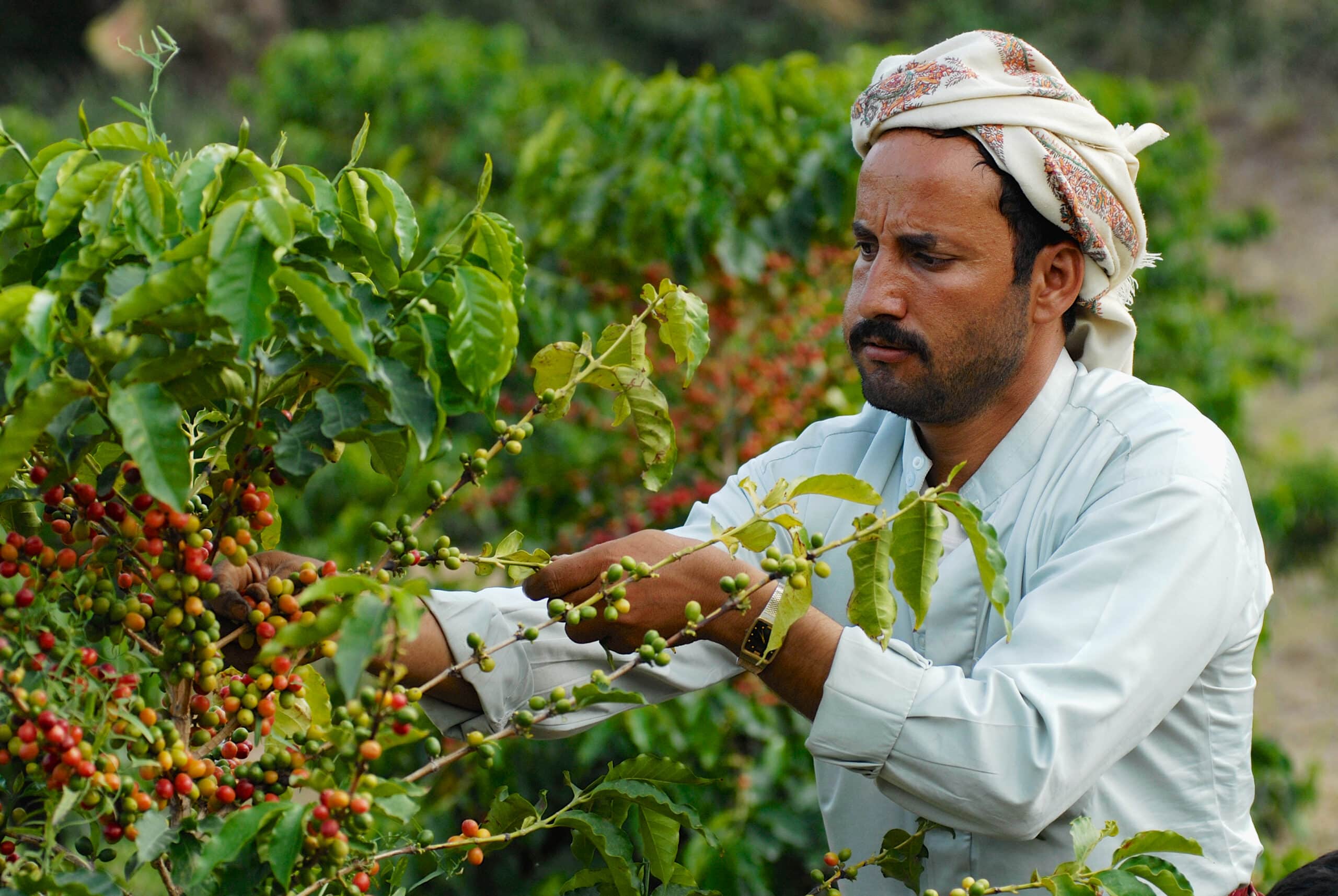The jump in global food prices in recent months is testing the capacity of the food system, and a UN report has noted a subsequent rise in the rate of hunger worldwide.
The increased costs come from renewed demand in some countries and a backlog of low production. Market and supply disruptions due to COVID restrictions on movement have created local shortages and higher prices. The IMF recently cited weather disruptions and strong demand for staple foods for humans and animals, along with a surge in shipping costs, as drivers of the trend.
Is the food system fit for purpose?
The findings mean more scrutiny on how the human food system works, and whether it is adequately resilient to respond to disruptive events, such as financial crises and pandemics in the short term and climate change in the long term.
The UN Food and Agriculture Organisation’s (FAO) food price index tracks prices around the world of a range of food including cereals, oilseeds, dairy products, meat and sugar. According to the index, food prices in May were 4.8% higher than April – the biggest monthly rise since October 2010 – and 39.7% higher than this time last year (May 2020). Suppliers have been affected by disruptions to production, labour and transport during the pandemic.
The statistics involved paint a stark picture for food security: The number who did not have access to adequate nutrition last year rose 320m to 2.4bn — nearly a third of the world’s population — according to the UN’s analysis, an increase equivalent to that of the previous five years combined. Almost 1bn people were severely food insecure, up by a fifth from 2019.
Governments are also concerned about the potential for social unrest and migration, as retailers and producers pass the burden of rising costs on to consumers, many of whom have seen their incomes impacted by the pandemic.
Developing nations particularly vulnerable
It is particularly felt in developing countries, which rely on agricultural imports and food that is less processed, and worse still in countries beset by conflict. For example -the average price of wheat flour in Lebanon has soared 219 per cent while in Syria the price of cooking oil has jumped 440 per cent.
In developing nations, there is also an emerging crisis with staple jollof rice going up 10% in Nigeria and tomatoes and onions going up 29%. Meanwhile unemployment climbed to 33% in 2020 and the World Bank recently warned that high food prices could force 7 million Nigerians into poverty.
Our Accra-based regional director, Stephen Awuah for Sub-Saharan Africa says rising food prices are a real challenge in Ghana and several neighbouring countries in West Africa.
“It is a constant news item on radio and social media platforms. Food and agriculture stakeholders are becoming alarmed as the price rises are across the board. For instance, maize is up by some 20%, cereals by a similar margin and it is being worsened by smuggling of government-subsidised fertilisers in the cropping season.
Poultry farmers are currently complaining and agitating due to the rise in maize as it is a key cost component in their operations. The situation may not stabilise until sometime in September when new harvests get into the supply chain.”
Tackling global hunger
Amid the escalating global food prices and the resultant spike in hunger rates, the resilience of the food system against disruptive events is under intense scrutiny. Farrelly Mitchell’s expertise in food safety, supply chain optimisation, market intelligence & insights, and sustainability and esg is pivotal in addressing these challenges.
Our team is dedicated to enhancing food system resilience, providing actionable insights for stakeholders to navigate the complexities of global food supply, and offering strategic solutions to safeguard nutrition & food security amidst these turbulent times. For comprehensive support in fortifying your operations against such global disruptions, explore Farrelly Mitchell’s consulting services.














